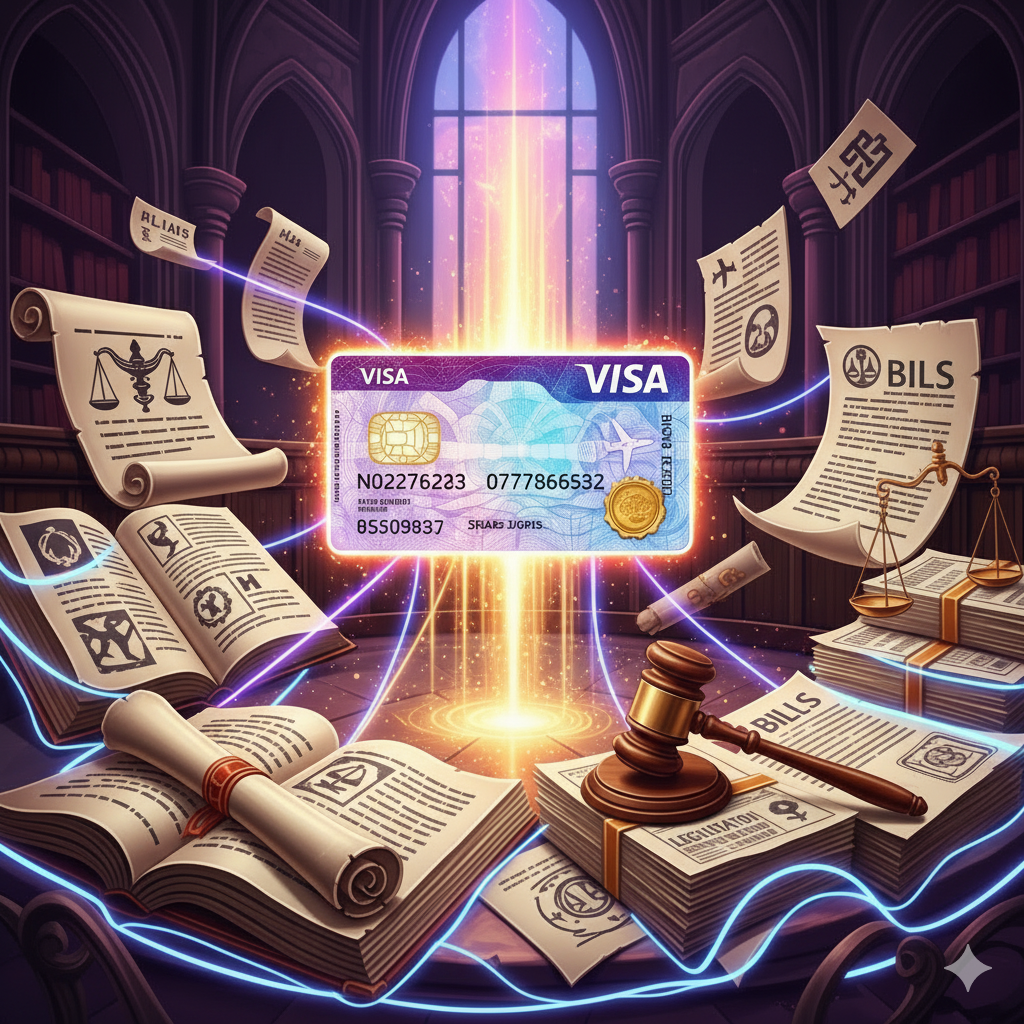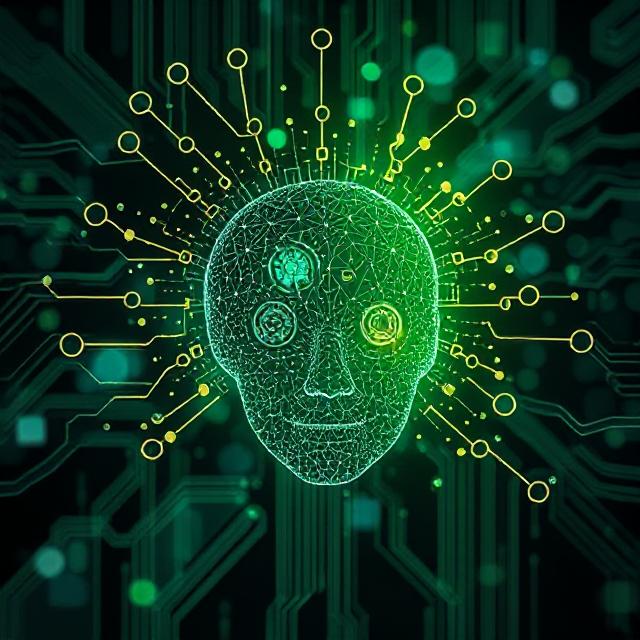Introduction
Human attitudes are shaped by a combination of moral and political values that influence decision-making, governance, and societal interactions. Morality provides the ethical foundation for human behavior, while political attitudes guide individuals’ perspectives on governance, policy-making, and state affairs. In contemporary political scenarios, the intersection of morality and political ideology plays a critical role in shaping societies, influencing leadership, and determining the trajectory of nations. This essay explores the concepts of moral and political attitudes, their interrelation, and their relevance in the current political landscape.
Understanding Moral Attitude
Moral attitude refers to an individual’s perception of right and wrong, guided by ethical principles, cultural norms, and personal beliefs. Morality shapes behavior, decision-making, and interactions within a society. It is deeply embedded in social structures, religious ideologies, and legal frameworks, often forming the backbone of governance and societal functioning.
Key Components of Moral Attitude:
- Ethical Principles – Concepts such as honesty, integrity, justice, and compassion form the foundation of morality.
- Cultural and Religious Influence – Different cultures and religions have distinct moral codes that guide individual and collective behavior.
- Social Responsibility – Morality promotes social harmony, fairness, and a sense of duty toward others.
- Personal and Collective Conscience – Individuals and societies develop moral attitudes based on experiences and historical context.
Understanding Political Attitude
Political attitude refers to an individual’s or group’s perspective on governance, policies, leadership, and political ideologies. It influences voting behavior, public participation, and policy-making decisions.
Types of Political Attitudes:
- Conservative Attitude – Focuses on preserving traditions, stability, and minimal government intervention in socio-economic affairs.
- Liberal Attitude – Advocates for progressive changes, individual freedoms, and government intervention to promote social equity.
- Radical Attitude – Seeks fundamental changes in political structures, often through revolutionary means.
- Moderate Attitude – Balances conservative and liberal views, promoting pragmatic solutions.
Interconnection Between Moral and Political Attitude
Moral and political attitudes are deeply intertwined, as ethical considerations often shape political ideologies and governance models. Political decisions are frequently evaluated based on their moral implications, and politicians leverage moral narratives to gain public support. The relationship between morality and politics can be seen in areas such as:
- Human Rights and Justice – Political policies related to justice, equality, and human rights stem from moral principles.
- Corruption and Governance – The moral integrity of political leaders determines governance quality and public trust.
- Policy-Making – Decisions regarding welfare, taxation, and economic policies often reflect moral standpoints.
- Public Accountability – Political leaders are judged on their moral conduct and ethical decision-making.
Moral and Political Attitudes in the Present Political Scenario
The contemporary political landscape presents various challenges and transformations, influenced by shifting moral perspectives and evolving political ideologies. Several key themes define the interaction between morality and politics today:
1. The Rise of Populism and Moral Manipulation
Populist leaders often use moral rhetoric to appeal to emotions and shape public opinion. They frame their political stance as a moral fight against corruption, elitism, or foreign influence, influencing voter behavior. However, this approach can lead to polarization and the erosion of democratic institutions.
2. Ethics and Corruption in Governance
Political scandals and corruption cases raise questions about the moral compass of leaders. The effectiveness of political institutions depends on leaders’ ethical standards and their commitment to transparency and accountability.
3. Social Justice Movements and Political Reforms
Movements advocating for gender equality, racial justice, and environmental sustainability reflect the evolving moral consciousness of societies. These movements influence political policies, pushing for reforms that align with contemporary moral values.
4. The Role of Media in Shaping Moral and Political Attitudes
Digital media plays a critical role in shaping perceptions of morality and politics. While it serves as a platform for advocacy and awareness, misinformation and biased narratives can distort moral and political discourse.
5. Moral Dilemmas in Global Politics
International relations often involve moral dilemmas, such as humanitarian interventions, refugee policies, and economic sanctions. Governments must balance national interests with ethical responsibilities on the global stage.
Challenges in Balancing Moral and Political Attitudes
Despite the importance of morality in politics, several challenges hinder the alignment of ethical values with political decision-making:
- Moral Relativism – Different cultures and ideologies have varying moral standards, leading to conflicts in political discourse.
- Political Pragmatism vs. Ethical Idealism – Politicians often compromise moral values for political gains or pragmatic governance.
- Manipulation of Morality for Political Gain – Leaders and parties may exploit moral narratives to justify controversial policies.
- Public Apathy and Misinformation – A lack of awareness and political engagement can lead to misguided moral and political attitudes.
Recommendations for Strengthening Ethical Political Engagement
To promote a more ethical and balanced political landscape, the following measures can be adopted:
- Promoting Ethical Leadership – Encouraging moral integrity among political leaders through strict ethical guidelines and accountability mechanisms.
- Civic Education and Awareness – Educating citizens on the importance of moral and political engagement to foster informed decision-making.
- Strengthening Democratic Institutions – Ensuring the independence of judiciary, media, and anti-corruption bodies to uphold ethical governance.
- Encouraging Constructive Political Discourse – Promoting respectful and issue-based political discussions rather than divisive rhetoric.
Conclusion
Moral and political attitudes are fundamental to the functioning of societies and governance structures. While morality guides ethical decision-making, political attitudes determine the direction of governance. In the present political scenario, the interplay between morality and politics influences leadership, policymaking, and public trust. By fostering ethical governance, civic awareness, and responsible political engagement, societies can navigate moral and political challenges to build a more just and equitable world.




